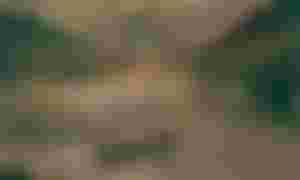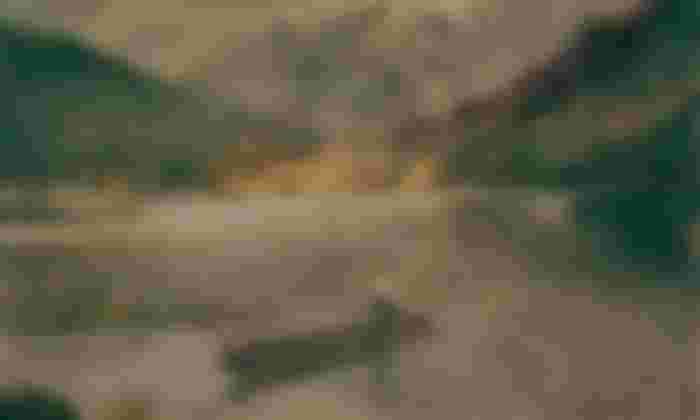Hated communism
In recent times, through social media, and with public statements by politicians from tropical countries, fake news has circulated that Hitler was a "communist" or a "socialist". Although Hitler's two main targets were the annihilation of the Soviet Union and the extermination of the Jews, the legends of the networks circulated, contrary to the views of Hitler's contemporaries, of the successive postwar German governments (who always classified the Nazi leader as extreme right) and the most famous historians of the 20s, 30s and World War II (who always classified the Führer and his party as a movement on the right of the ideological fan).
Some right-wing politicians in subequatorial countries insist on not being seen as remote ideological neighbors of Hitler's extreme right, arguing that the Führer was “socialist” because that word was in the name of the Nazi party: German National Socialist Party. In this case, just remember that, when it comes to names, politicians use terms they don't comply with.
This is the case of the Democratic People's Republic of Korea, the official name of the North Korean communist dictatorship, a country that has nothing democratic, despite its name. Or the Kingdom of Hungary, Hungary's official name between 1920 and 1946, a period during which there was no king. In this case, the Hungarians were ruled by Admiral Miklos Hórthy, who used the rank of "admiral", although Hungary no longer had access to the sea.
Hitler, the vegetarian
Hitler consumed meat until 1937. But as early as 1938 the regime began to spread the image that the leader had become a vegetarian. In 1942 he declared himself a vegetarian. One of his main ministers, Albert Speer, indicated that Hitler did not like the suffering of animals that were slaughtered to feed people (although he had no problem with sending millions of people to concentration camps). His secretary, Traudl Jung, also confirmed, in the postwar period, that the Führer always avoided meat, although he tasted liver from time to time. Several witnesses also maintain that Hitler had become a vegetarian to avoid frequent flatulence.
Never won an election
Before the Great Depression of 1929, the Nazis made up a small party that had won only 2.6% of the vote in the 1928 elections. But in September 1930, the Nazis became the second most voted party, with 18.3% of the votes. In July 1932, the Nazis, with the support of the great German businessmen, such as Fritz Thyssen, reached their electoral ceiling, with 37.3%. In the November 1932 elections, they fell slightly, to 33.1%. The Nazis did not get a majority of the seats, but they became the first minority.
For this reason, President Hindenburg, although reluctant, appointed him chancellor (prime minister). That is, Hitler was appointed without ever being elected to Parliament.
In fact, he had lost the presidential election in April 1932. In that election Hindenburg got 53% of the vote, Hitler got 36.8%, Ernst Thälmann got 10.2% and Theodor Duesterberg 6.8%,
After taking office as prime minister, in a few months Hitler banned other political parties and obtained absolute powers.
Frustrated painter
Several historians and science fiction authors wonder what would have happened to world history if Hitler had managed to achieve his youthful dream: to be a famous painter. He dedicated himself to watercolors in which he portrayed urban and rural landscapes. But, as Hitler himself told in his autobiographical book Mein Kampf (My struggle), he was twice rejected in the examinations of the School of Fine Arts in Vienna in 1907 and 1908. In the works it is clear that he had a knack for architecture by the details of buildings. But the human figure always appears without prominence, small and without features.

One of the watercolors painted by Adolf Hitler. Before becoming a fuhrer in Nazi Germany, Hitler had studied painting in his youth Photo: Hugo Jaeger / The LIFE Picture Collection / Get
